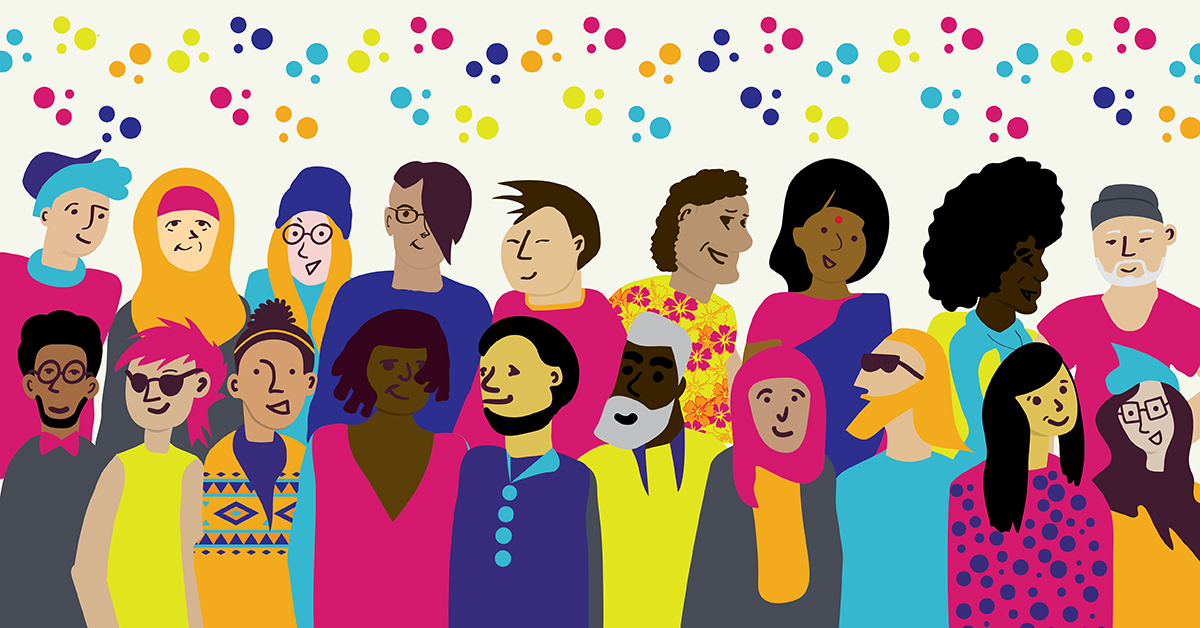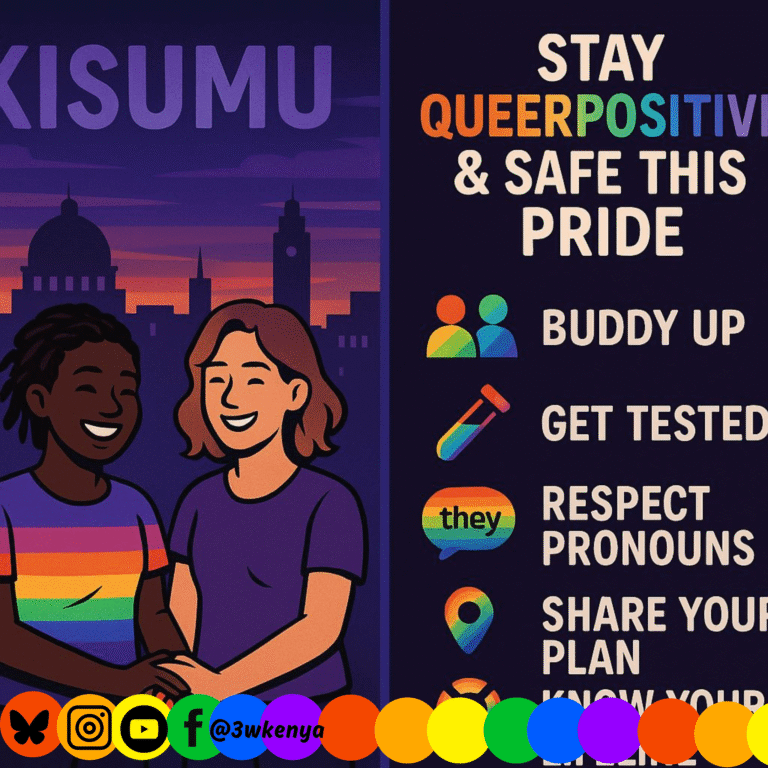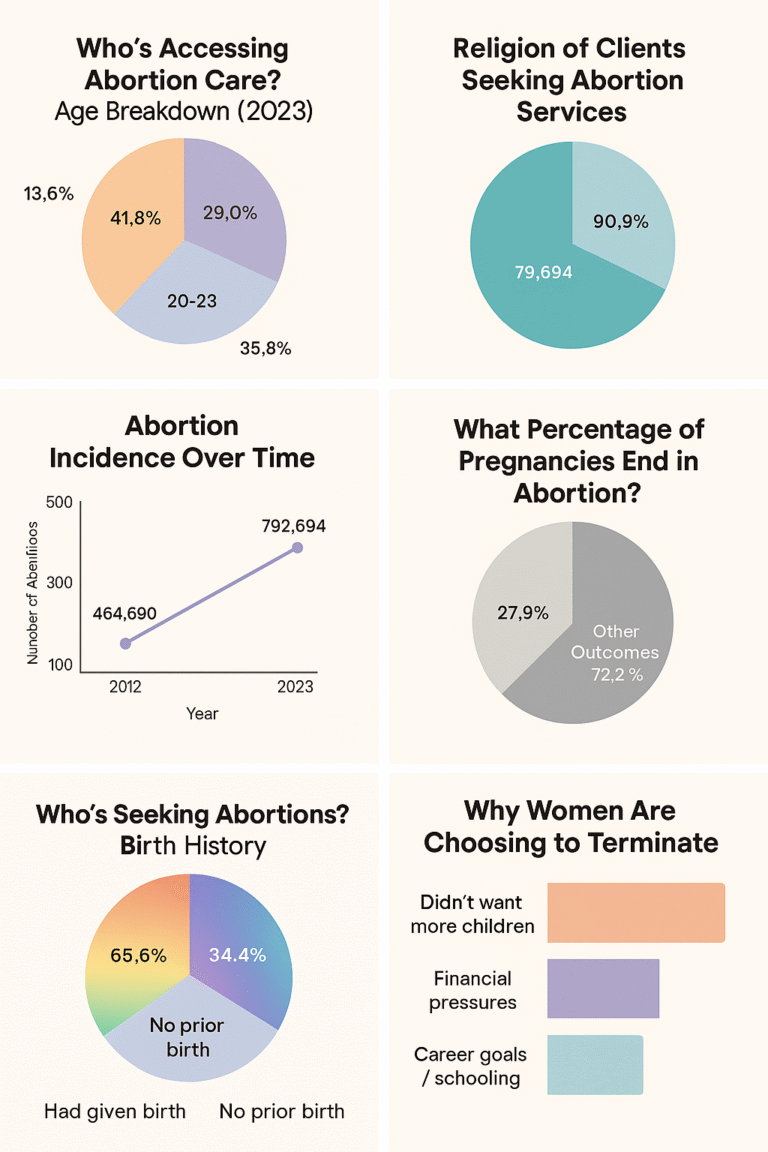Coming Out.
Not everyone comes out in the same way. And not everyone comes out to everybody in their lives, or comes out to everybody at the same time. There’s no one right way to come out.
What does it mean to “come out”?
Coming out refers to the process that people who are LGBTQ go through as they work to accept their sexual orientation or gender identity and share that identity openly with other people. Coming out is a very brave thing to do, and it’s extremely personal and different for everyone. Your emotions when coming out may range from scared and anxious to elated and relieved. There’s no one right way to come out. It can feel better to be open and honest about your sexual orientation than to hide it, but there are many factors to consider before coming out. Coming out is a process. Often the first step is coming out to yourself. This happens as you recognize your sexual orientation and begin to accept it. Next, you might choose to tell your family, friends, and people in your community — sometimes right away, and sometimes later. You might decide to be open with some people in your life, but not with others. Coming out isn’t a one-time thing. Because many people assume that everyone they meet is straight, coming out is a constant process. Every time an LGBTQ-identified person meets someone new (friends, co-workers, nurses and doctors, etc.), they have to decide if, when, and how to come out.
Choosing to come out depends on the situation. The coming-out process can be freeing and can bring you closer to the people you love. But it can also be stressful or even risky or dangerous. You may feel safer not coming out in certain situations. You don’t have to be out everywhere, all the time. You can decide what’s best for you.
Coming out can have benefits and risks. If you’re wondering whether to come out, there’s a lot to consider. Does coming out mean that you risk losing emotional or financial support from your family? Could coming out put you in physical danger? Will your family try to pressure you into being someone you’re not? If you answered yes to any of these questions, you may want to wait until you’re in a different situation or have more support.
You, and only you, are in charge of your coming out experience. It\’s up to you to choose how, where, when, and with whom to be open about your sexual orientation (and gender identity). It may feel safer to start by being open with other people who also identify as LGBTQ. This could be online, in community centers, at an LGBTQ club or group, or with a few close friends.
How do I come out to my parents and friends? There’s no single, correct way to come out to your family and friends. You’re the expert in what feels right to you, and who it feels safest to tell.
Here are some suggestions that might make the conversation easier:
-
- When you decide that you’re ready to come out, give yourself some time to practice how you’ll do it and what you’ll say.
-
- Identify the people or person in your life that you think will be the most okay with the news, and come out to them first. You can often get a sense of how friendly someone is to LGBTQ people by how they react when the topic comes up in conversation.
-
- Do some research so that you have information about being LGBTQ in case your loved one has questions or doesn’t have the facts.
-
- You may be more comfortable coming out by writing a letter or e-mail rather than telling someone in person. That’s totally fine.
-
- After you decide who you’ll come out to, what you’ll say to them, and how you’ll say it, be prepared to wait as they digest and accept the new information. Give them the time they need.
Don’t assume that everyone will react with prejudice — go in with an open mind. Some people may surprise you with their openness and acceptance, and many folks already know other LGBTQ people in their lives.
plannedparenthood.com



